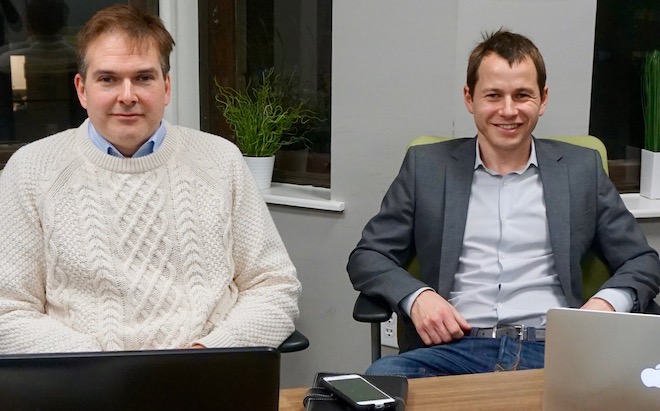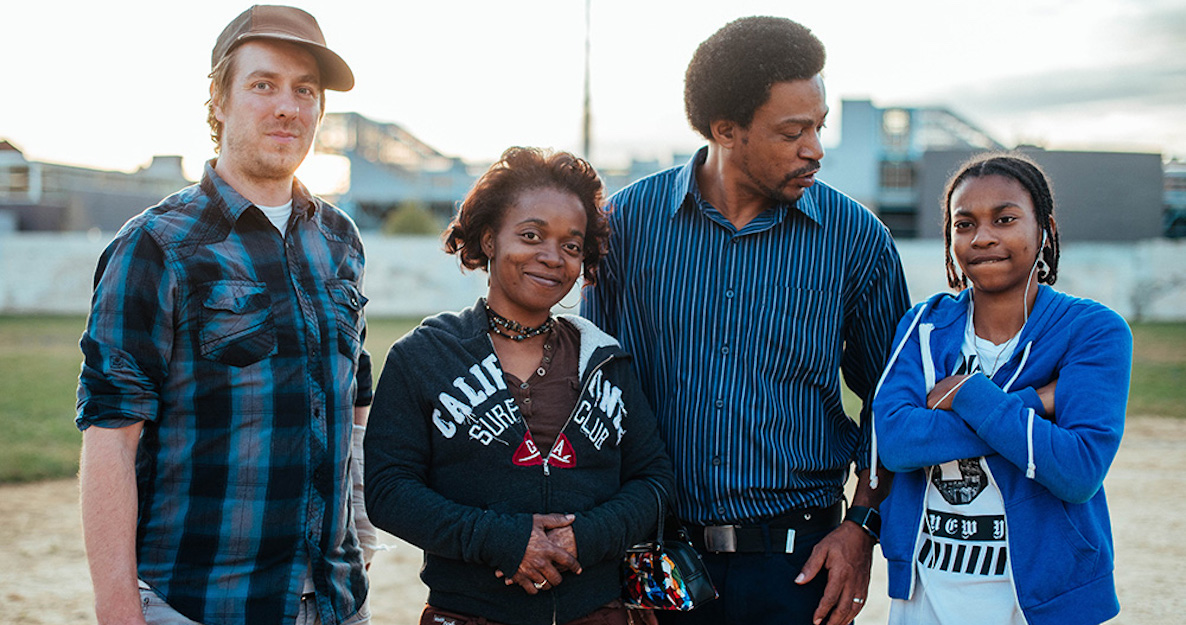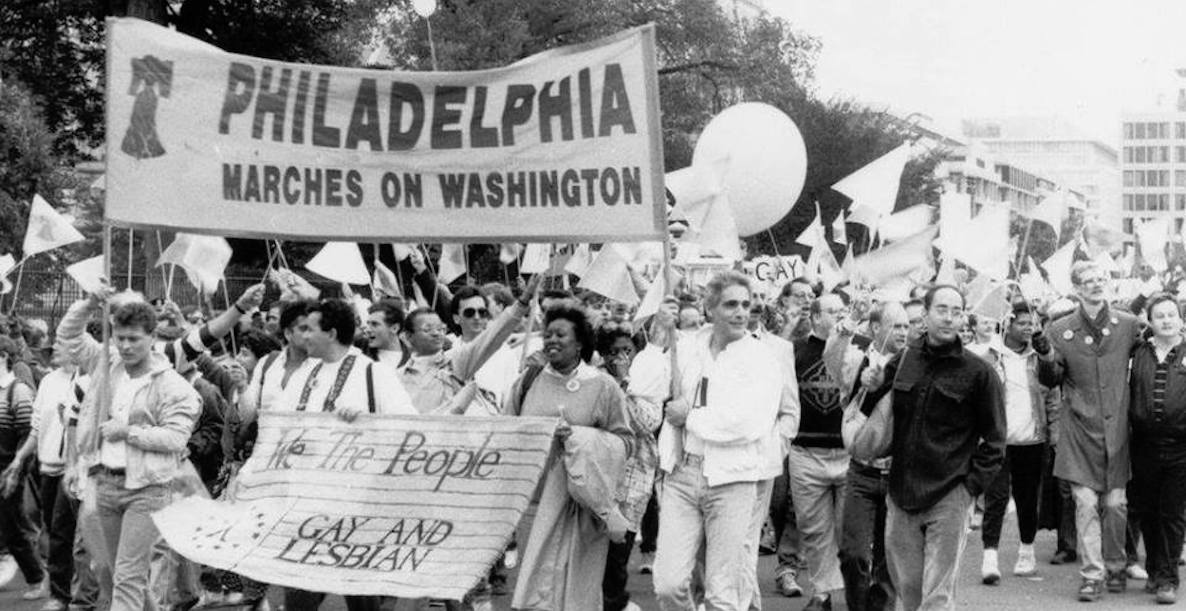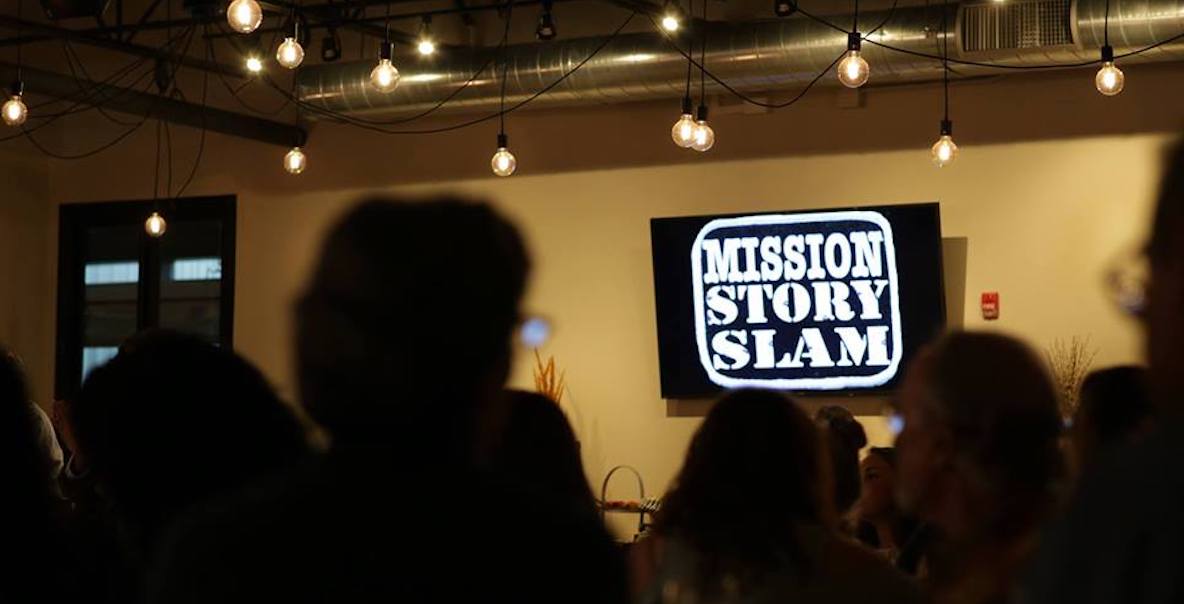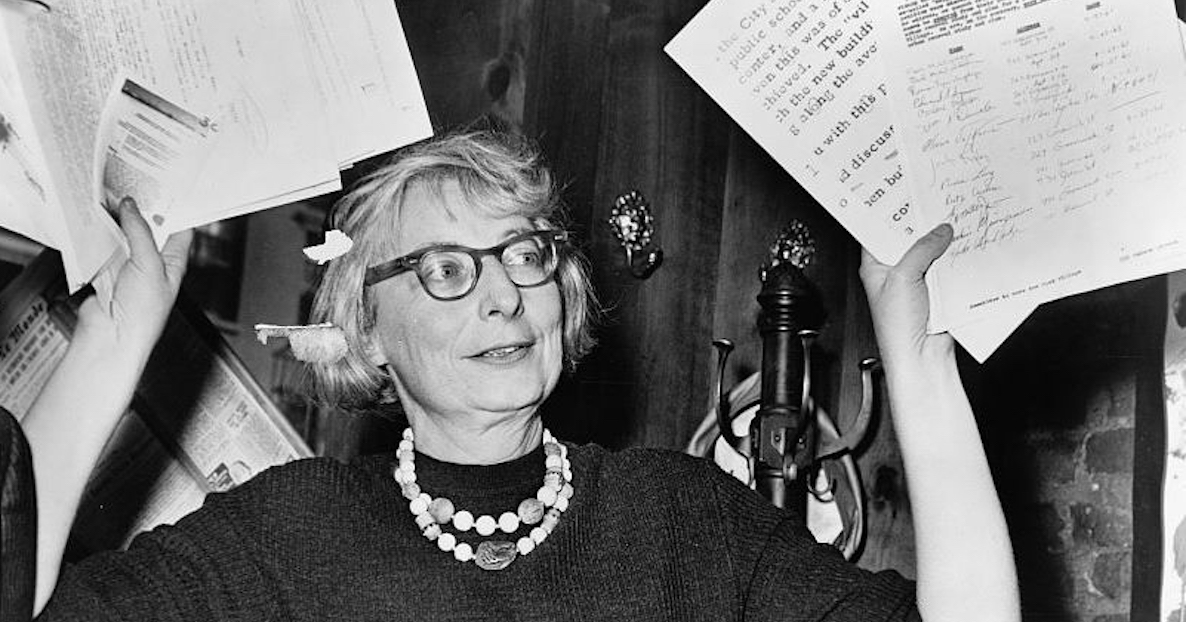If there’s anything that the midterm election results seem to suggest, it’s that we want to see more women. So where do we find them?
Voting them into office is one (important) thing, but when it comes to documenting the work of women who have shaped public life, records can be sparse, or else buried far down in academia. And a simple Google search for “women in __” often casts too wide of a net.
This is a problem in many fields, and urban planning is no exception. That’s why a group at the Ian L. McHarg Center for Urbanism and Ecology have been working on a project targeting Google’s nerdier, crowd-sourced cousin: Wikipedia.
“Wikipedia is important for young designers and scholars. It’s a portal of entry to see whose practices are important, who the big names are in their field,” explains Billy Fleming, the Wilks Family Director at the McHarg Center. “Many of those people are women; they just aren’t represented on Wikipedia.”
![]()
The initiative is simple, taking the form of a google survey for people to fill out with the name of any woman “planner, designer, or academic” who doesn’t have a Wikipedia page, but should. So far, the document has amassed over 300 entries. Katherine Randall, a research assistant at the center, was amazed at the response: over 100 nominations within the first three weeks after they announced the project.
Although she’s a scholar herself—she’s pursuing a Masters in City Planning and Historic Preservation—many of the names were new to her. “I was thinking at first, ‘I don’t know where to start,’” Randall says. “It’s been really interesting to do research on some of these people and learn about the work that they’ve done in landscape architecture, about the work that’s being done around climate change, resilience, place remaking… it’s been fascinating.”
“Wikipedia is a portal of entry to see whose practices are important, who the big names are in their field,” explains Billy Fleming. “Many of those people are women; they just aren’t represented on Wikipedia.”
Both Fleming and Randall referenced an article published in CityLab about sexism in the field of urban planning, which spurred some of their initial discussions on the issue. Author Katrina Johnston-Zimmerman, a Philly-based urban anthropologist, observed that the references she was making in her own writing were predominantly to works by men. Fleming and Randall noticed that in their fields, too, sources were overwhelmingly dominated by male names, despite the fact that the urbanism movement—by most accounts—was founded by a woman, Jane Jacobs.
Randall says that even if some women are visible within the field, they’re not likely to be known outside of it. The whole idea behind the Women and Design initiative is to bring clout to the people who deserve it, especially as times change and the number of women in urban planning and design increases. Fleming says that the gender breakdown at design schools tends to be around 50/50, or even majority female. “There are lots of talented women out there who should be in the same conversation in the work that gets cited in competitions and articles,” he says.
![]()
The fact that more men than women are listed on Wikipedia isn’t news; Wikipedia itself has started a project on Women scientists to address the issue. Trying to solve the problem, though, can look a bit like a chicken-and-egg situation. Randall says that three of her new articles on female urban planners have been tagged for deletion so far. “Sometimes it’s fair, because [the articles don’t include] the kinds of sources Wikipedia looks for, but sometimes it’s because these people don’t have enough coverage,” Randall notes. “But that’s the problem we’re trying to tackle!”
Randall has started a fair number of articles so far, and given Wikipedia’s nature as a crowd-sourced encyclopedia, she hopes to see them flourish with others’ contributions. Meanwhile, she and Fleming hope that people will continue to provide names of women who deserve recognition. Even as the list keeps growing, Fleming encourages people to keep adding to it: “Add people we’ve missed! We don’t have everyone on there.”
The beauty of the project, as simple as it may seem, is in how quickly it seems to grow. A list of over 300 names, even if all of them haven’t made it to Wikipedia yet, is still a sign of enthusiasm for the project, and a signal that people want things to change.
Of course, Fleming says, there is still much more work to be done. “This is a small piece of it, but it’s a thing we can do right now, so we’re doing it.”
To submit a name, simply fill out the form. Your submission can be for a name you’ve heard, someone who’s work you’ve seen, or maybe even someone you know personally! You can also look at who’s been nominated so far.
Photo via Wikimedia Commons


